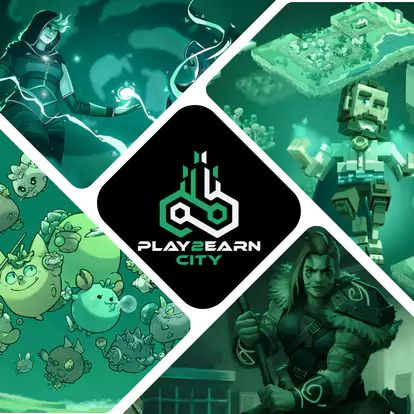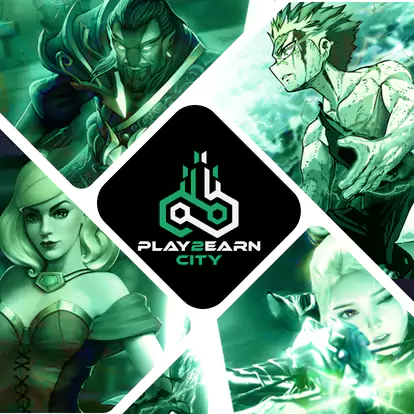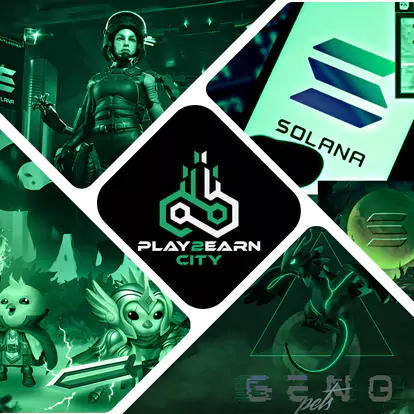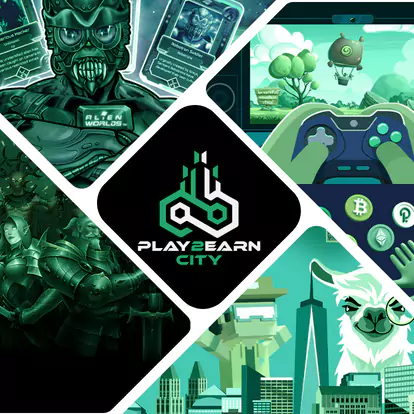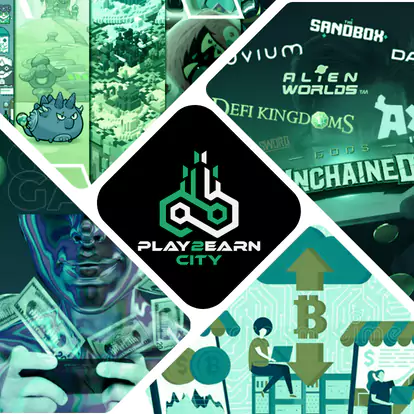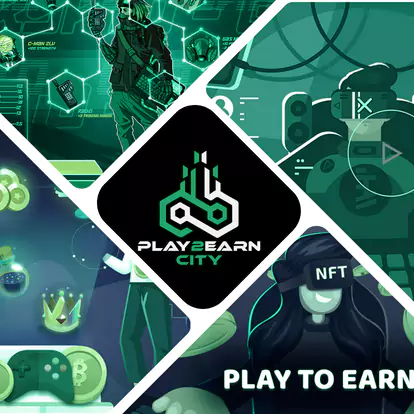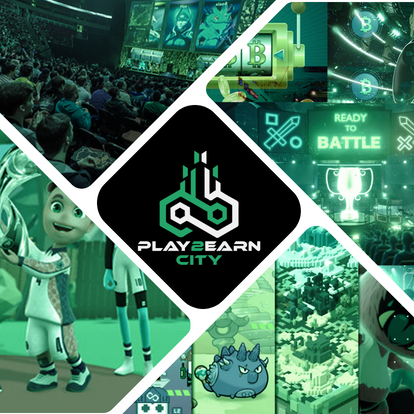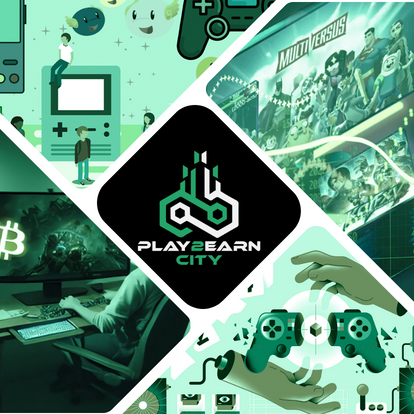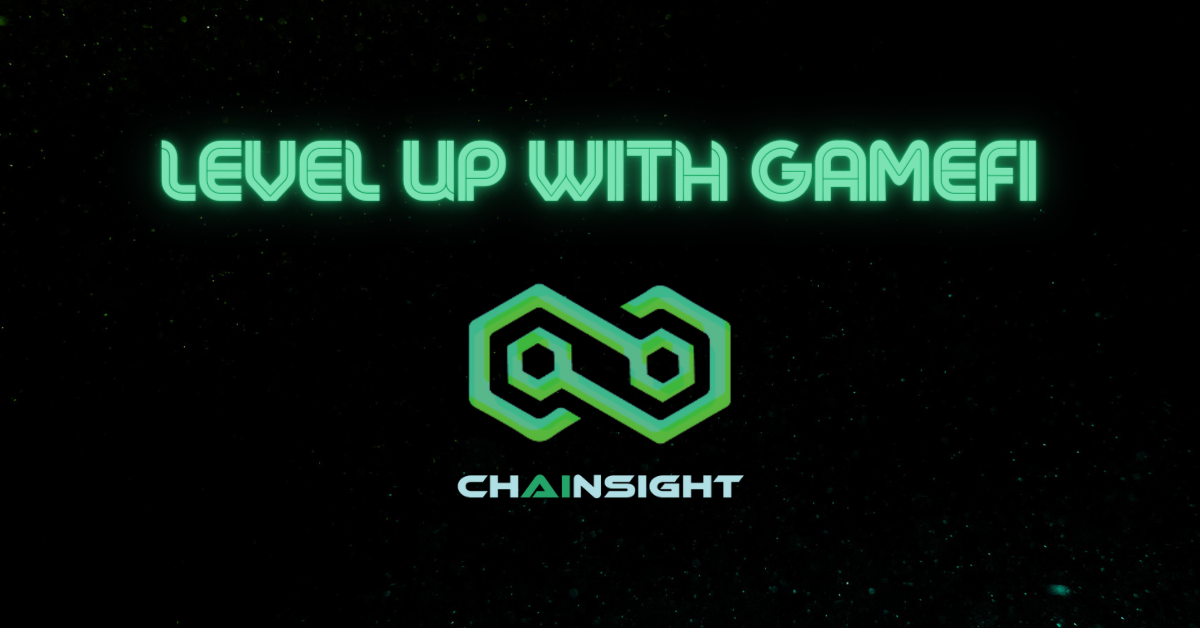
Game development is moving at a fast pace and developers are finding new ways to turn visual entertainment into something entirely different and revolutionary.
The emergence of Non-Fungible Tokens (NFTs) has paved the way for innovative possibilities and expanded avenues of creativity.
As game developers, you are constantly seeking ways to enhance player experiences, deepen engagement, and explore novel monetization models. NFTs offer a transformative approach, akin to unlocking a hidden treasure chest filled with uncharted opportunities.
In this article, we shall unravel the challenges that confront us game developers and see how NFTs serve as our weapons to overcome these obstacles.
Brace yourselves, as we present compelling statistical data that will leave no doubts about the transformative impact of NFTs from liberating developers from the clutches of platform commissions, to allowing you to reclaim the full value of your creations.
Where NFTs Make an Interesting Addition for Game Developers
The realm of gaming harbors immense potential, yet game developers often find themselves grappling with formidable obstacles that stifle their growth and limit opportunities. Let’s take a look at some of them.
Ownership and Access: Liberating Developers from Restrictions
In the traditional gaming paradigm, developers face the unnerving prospect of losing access to their own creations due to platform guidelines and account bans. This loss of control over game assets can have dire consequences, erasing countless hours of labor and stifling creative freedom.
A recent survey casts light on this issue, exposing the vulnerability of game developers. Startlingly, 28% of developers reported experiencing account bans on traditional platforms, resulting in the distressing loss of access to their meticulously crafted assets. Such incidents not only hinder their progress but also impede the continuity of their work, stifling innovation and hampering their potential to reach a wider audience.
Platform Commissions: A Costly Barrier to Success
Within the gaming landscape, traditional distribution platforms exact a heavy toll on developers' hard-earned revenues through exorbitant commission fees. This financial burden, with commissions ranging from 30% to a staggering 70% of game sales, restricts the potential for growth and stifles creativity.
A recent study reveals a staggering truth: game developers relinquish an average of 40% of their revenue to these platform commissions. Such a substantial loss not only impacts the financial viability of developers but also hampers their ability to reinvest in their creations and innovate further.
How then do NFTs solve these issues? Let’s find out.
NFTs Offer Fixes to Gaming Limitations
Here’s how NFTs will liberate developers from platform commissions, foster monetization of game assets, fuel play-to-earn gaming, and empower indie developers to create vibrant communities.
Monetizing Game Assets and Virtual Items
NFTs empower game developers to tokenize and sell in-game assets directly to players, providing a gateway to monetization and granting players true ownership. These unique digital assets become tradable commodities on decentralized marketplaces, igniting a flourishing ecosystem where players can profit from their virtual possessions.
Astonishingly, the NFT market for game assets and virtual items has skyrocketed, with sales exceeding a staggering $12 billion in the past year alone, signifying the growing appetite for this revolutionary monetization model.
Breaking Free from Platform Commissions
With the rise of NFTs, game developers find solace in escaping the clutches of hefty platform commissions.
By directly selling their games and assets to users and fellow developers, developers can bypass intermediaries and drastically reduce, or even eliminate, platform commission fees. Startlingly, recent reports suggest that leveraging NFTs can save developers up to 90% in platform commission fees, channeling more revenue into their creative endeavors.
Play-to-Earn Gaming and Sustainable Economies
The integration of NFTs in play-to-earn gaming models has captivated both developers and players alike. By rewarding players with valuable digital assets during gameplay, NFT-powered games have witnessed a remarkable 75% increase in player engagement and retention, eclipsing the figures of traditional games.
These assets hold real-world value and can be freely traded or sold on decentralized marketplaces, forging sustainable gaming economies where players truly reap the benefits of their time and skills.
Empowering Indie Developers, Community Engagement, and Collaboration
NFTs unlock a realm of possibilities for indie developers, enabling them to nurture vibrant and engaged communities around their games. By involving players in the creative process, developers can harness their talent and passion, recognizing their contributions through tokenized NFTs.
Surveys conducted among indie developers worldwide showcase an overwhelming consensus: NFTs possess the potential to create more immersive games and establish stronger relationships with fans. Furthermore, indie developers believe that NFTs offer a pathway to a sustainable business model, ensuring the longevity and success of their creative ventures.
Conquering Challenges and Safeguarding NFT Integration in Game Development
While the opportunities presented by NFTs in game development are promising, there are several challenges and concerns that developers need to address to ensure a successful integration. By understanding and proactively navigating these obstacles, game developers can harness the full potential of NFTs while mitigating risks.
Addressing Scalability and Sustainability Issues
As the popularity of NFTs continues to soar, scalability becomes a critical concern. Blockchain networks must handle the increased volume of transactions efficiently to maintain smooth gameplay experiences. Developers should explore solutions such as layer-2 scaling techniques or alternative blockchain platforms that offer higher transaction throughput and lower fees.
Ensuring Long-term Viability of NFT-based Games
Sustainability is crucial for NFT-based games to thrive in the long run. Game developers must consider factors like game updates, server maintenance, and community engagement to keep players invested. Building a dedicated community and continuously providing meaningful updates and incentives can help sustain interest and ensure the longevity of NFT-based games.
Safeguarding Intellectual Property Rights and Licensing
With NFTs revolutionizing ownership, protecting intellectual property rights becomes paramount. Developers must navigate the landscape of licensing agreements and copyright laws diligently. Implementing robust mechanisms to verify the authenticity and ownership of NFTs can mitigate the risks of intellectual property infringement. This ensures fair compensation for developers and prevents unauthorized use of their valuable assets.
Staying Compliant with Emerging Regulations
As the NFT space evolves, regulations are being established to govern financial transactions and protect consumer interests. Developers must stay informed about these emerging regulations and proactively ensure compliance. Collaborating with legal experts specializing in blockchain and gaming can provide invaluable guidance to navigate the intricate regulatory landscape and maintain industry integrity.
Conclusion
Innovation and creativity are what make game developers tick with ideas but chokeholds on restrictions can influence your productivity levels. Exploring better terrains that are designed to protect your intellectual rights as well as give you extra creative bits and spices to run with is something to be happy about. There are a lot more roles that gaming will play in the near future and the opportunities to shape that future are available now. Embrace it, developers!

